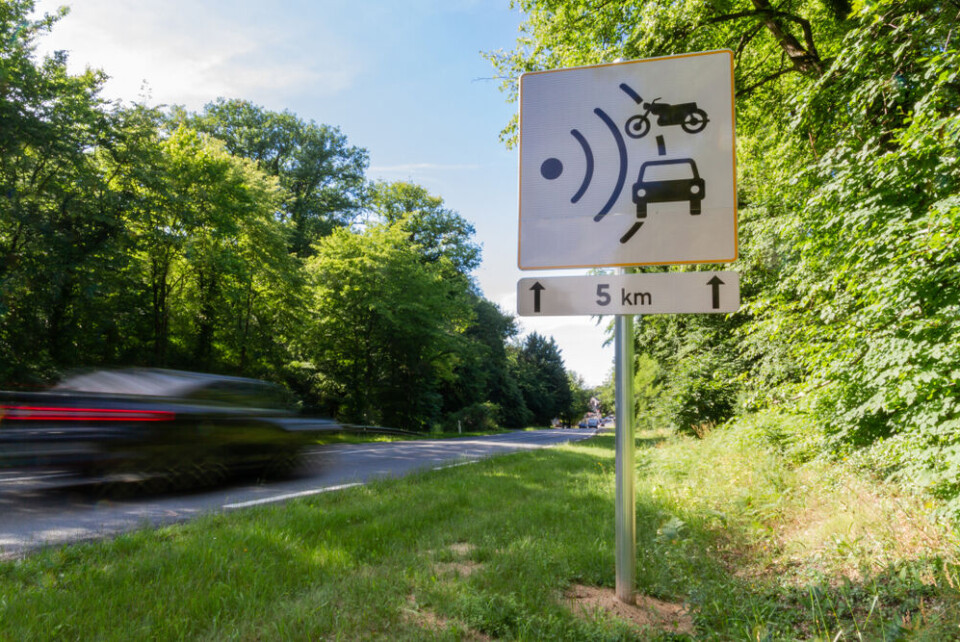-
Residents ordered to stay home due to high risk of avalanche in French Alps
One person has been injured in an avalanche in Val Thorens, while thousands of homes are without power
-
People in France snubbing US travel, report travel agents
The political context, weak euro against the dollar, and border issues have all been blamed
-
Reaction to François Hollande's call for France to create refugee status for US researchers
Former president lends support to scheme for scientists reportedly 'forced into exile' by the Trump administration
No penalty for driver caught at 275 km/h on French motorway
The court was forced to acquit the defendant based on a technicality

A man who was caught by a speed camera driving at 275 km/h on a motorway in north-west France, has escaped all charges due to a technicality.
The driver was ‘flashed’ by the camera on the A29 in Seine-Maritime (Normandy), which is limited at 130km/h, while driving from Rouen on May 20.
Normally, such an offence is punished by a fine of €1,500, a deduction of six points, confiscation of the vehicle in question, and - in some cases - up to three years suspension from driving.
But despite the excessive speed, the driver escaped condemnation in court, as his lawyer was a specialist in road and driving law.
The lawyer based his client’s defence on a ‘loophole’ in the technical documentation of the speed camera, which states that the camera cannot - theoretically - detect speeds higher than 250 km/h.
Speaking in the Dieppe court, the lawyer said: “The measurement of 275 km/h cannot be considered reliable because it is higher than the limit specified in the [speed camera’s] technical manual.”
The 275 km/h record was therefore found to be legally invalid, nullifying the case. The court was forced to acquit the driver.
Read more: How do speeding fines work in France?
This decision has called into question the rigour and validity of speeding laws, and may lead to changes in future.
It has also sparked a debate over the need to keep speed monitoring - and other roadside tools - up-to-date, and ensure that they keep pace with technological improvements and ever-increasing vehicle speeds and performance.
Related articles
Lower penalties for minor speeding offences confirmed in France
How far back can I be fined for speeding in France?
Speeding fines, older drivers: Five ways driving in France will change
























